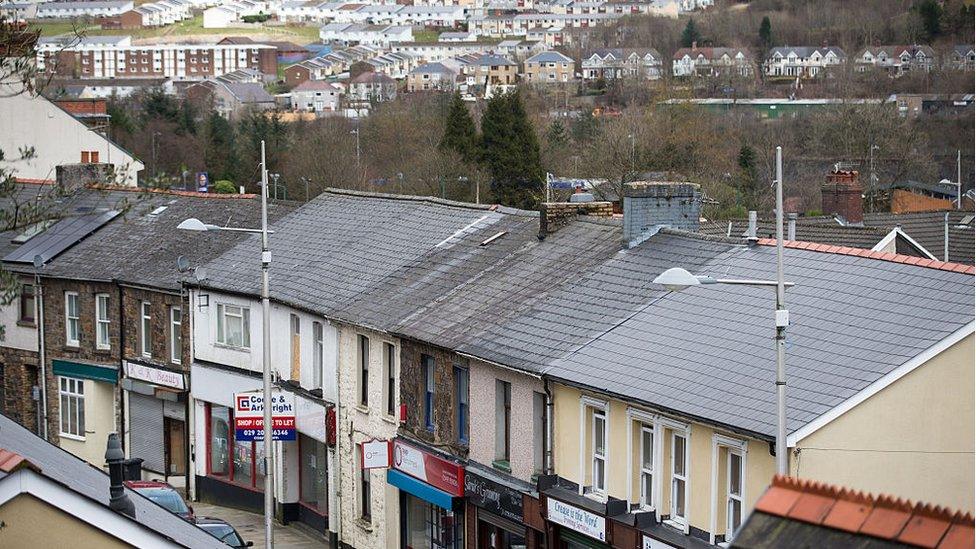'Power grab' claims after UK government extends regeneration fund
- Published
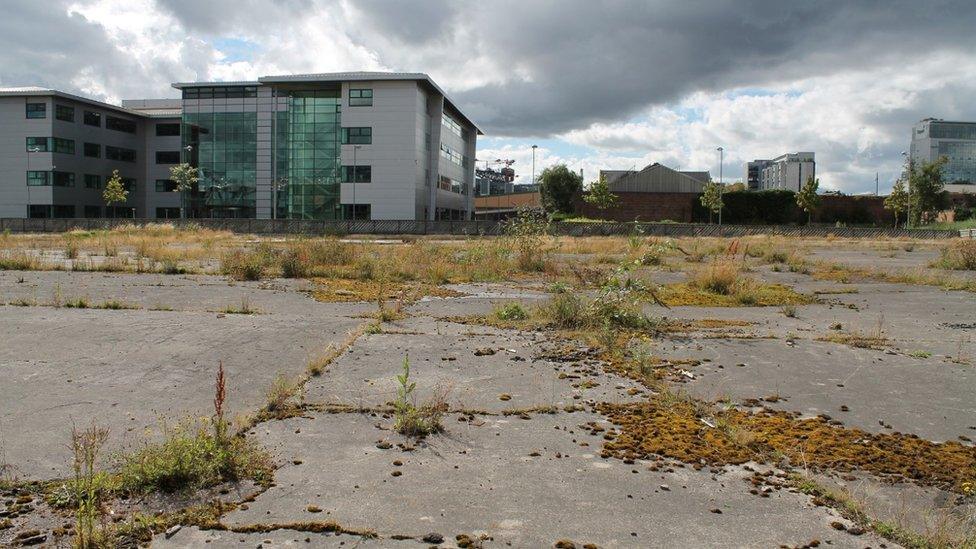
A vacant site in Glasgow
A "levelling up" regeneration fund is being extended to Scotland by the UK government.
The money can be used for vacant land and high street regeneration and transport schemes, as well as cultural and heritage projects.
The Treasury will run the fund for all four UK nations rather than hand the cash to the devolved governments to spend.
The SNP claims the move is a "naked power grab" by Westminster.
The announcement of £4bn "levelling up" money for England last year triggered an extra £800m for Wales, Scotland and Northern Ireland.
The Treasury has now been confirmed this cash will be run as a UK-wide initiative, not a fund for England with extra money given to the other nations under the Barnett formula.
Scottish Secretary Alister Jack said it would allow the UK government to "directly invest in capital projects in Scotland" and he looked forward to working with councils who "know best what their communities really need".
The announcement was welcomed by Aberdeen City and Scottish Borders councils.
'Naked power grab'
But the SNP's deputy Westminster leader Kirsten Oswald criticised the way the funding was being controlled.
She said: "The Tory government's move to bypass the devolved governments and dictate spending over devolved areas is yet another sign of its naked power grab plans."
She added: "Rather than passing on funding through Barnett consequentials - which could have seen Scotland receiving its share totalling around £400m - the Tories are intent on dismantling devolution and taking control, with absolutely no clarity over how much will be spent in Scotland."
The Welsh government has also hit out at the announcement, accusing the Westminster government of "aggressively" undermining devolution.
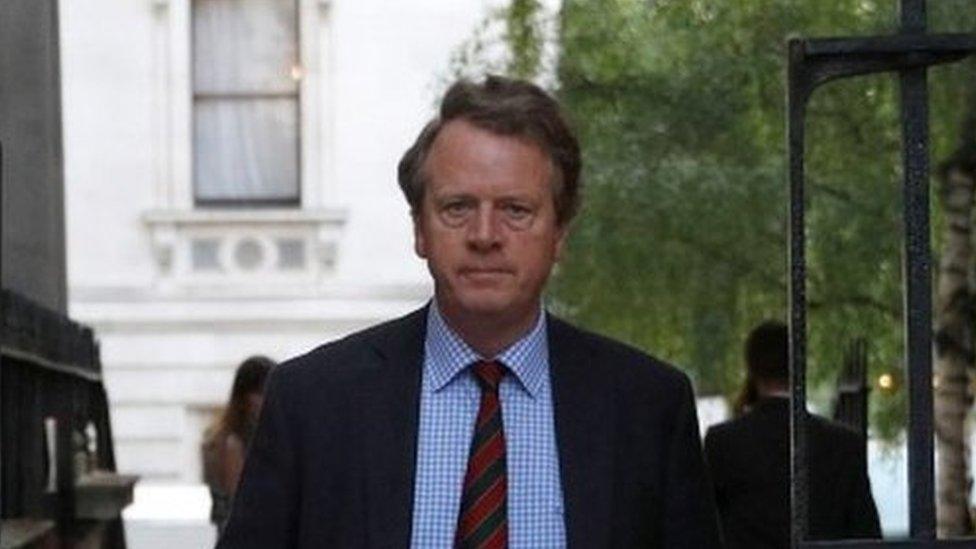
Scottish Secretary Alister Jack said the fund will be spent directly by Scotland's councils
The UK government had previously announced plans to bypass the devolved administrations and replace EU structural funds with a centrally-controlled fund.
In the UK Internal Market Act passed last year, the UK government was granted new spending powers in areas that are otherwise devolved, such as powers to spend on infrastructure and cultural and educational facilities.
Related topics
- Published27 December 2020
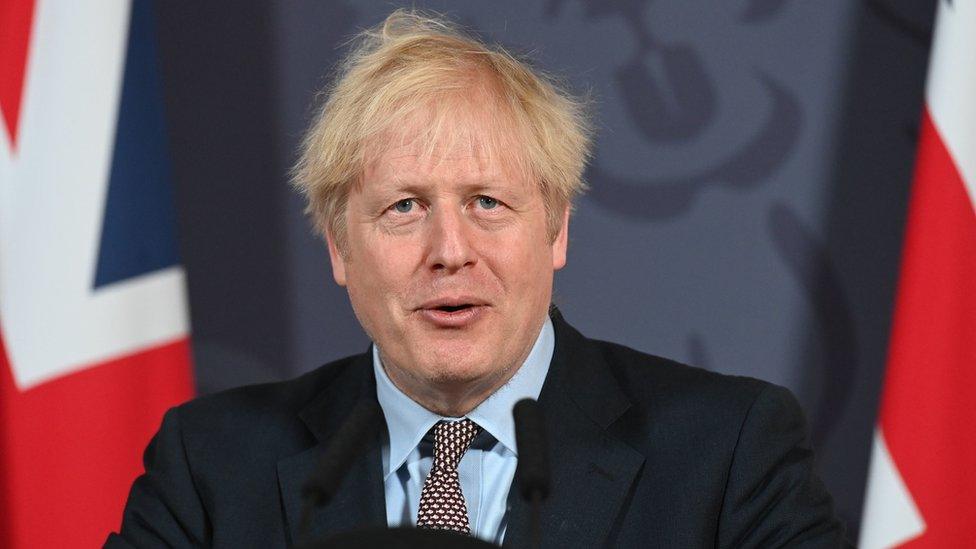
- Published17 January 2021
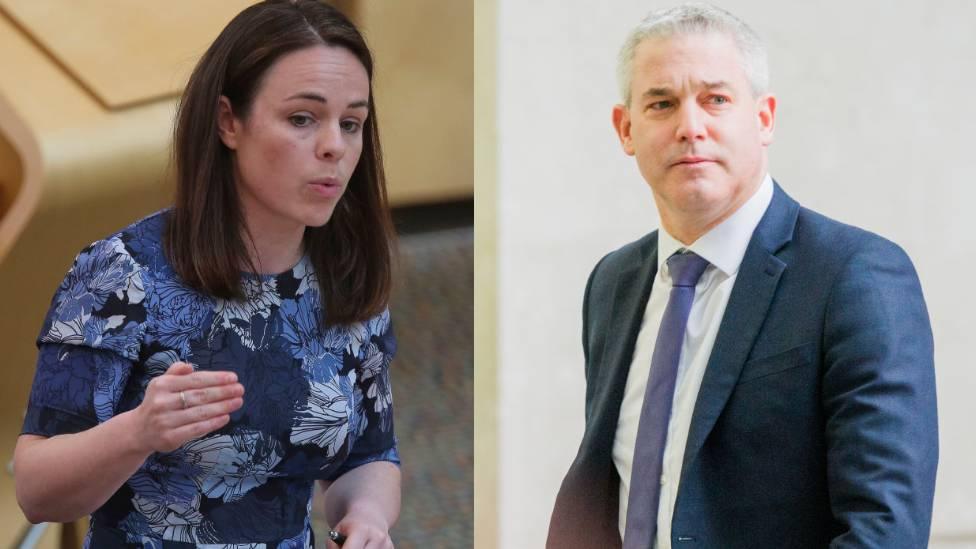
- Published27 February 2020
